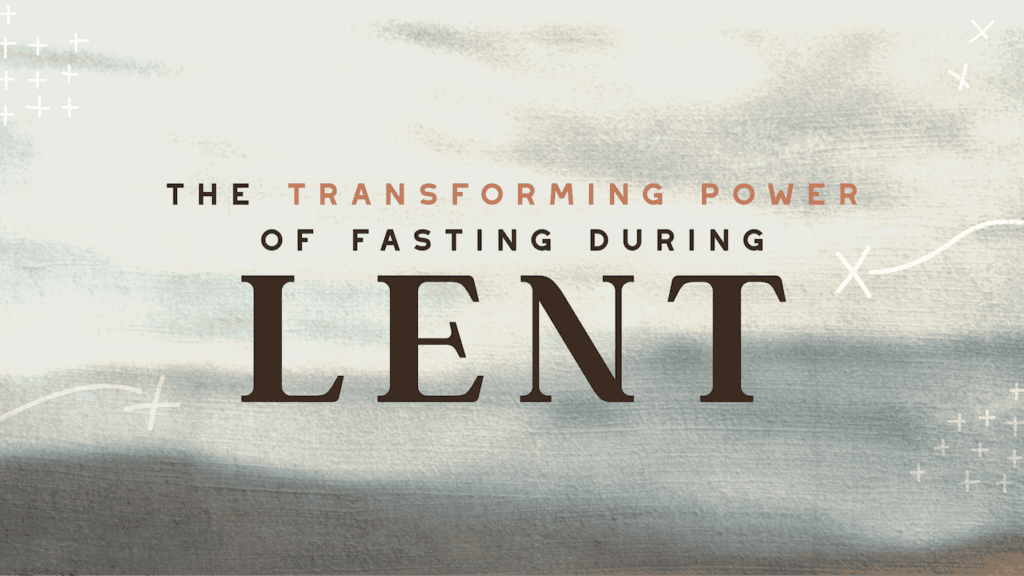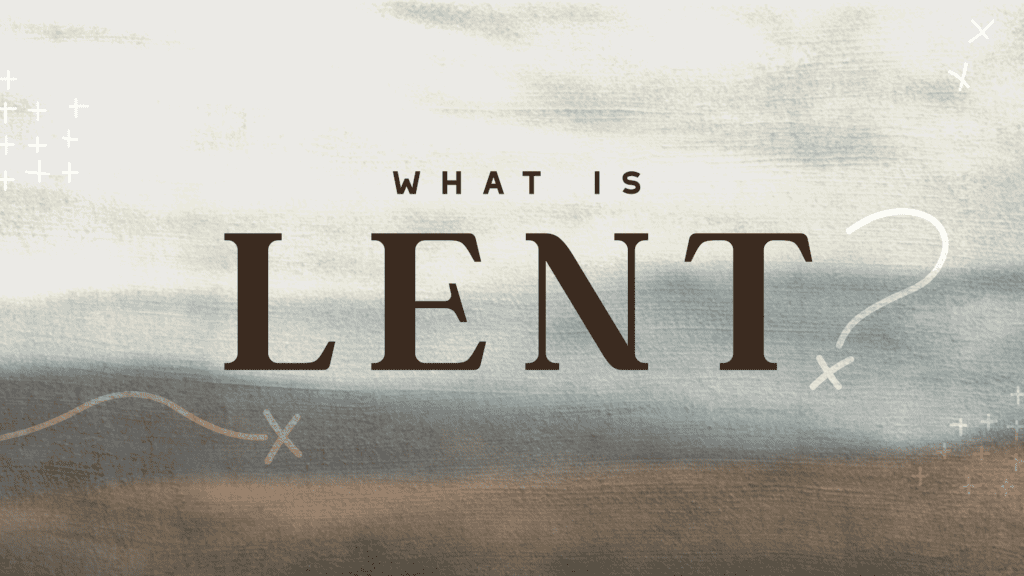Lent is a season of reflection, repentance, and preparation leading to Easter Sunday, lasting 40 days (excluding Sundays). It is a time to simplify and prepare our hearts to celebrate Jesus’s death and resurrection. During the Lenten season, believers practice intentional spiritual disciplines to seek the Lord. Lent holds deep spiritual significance for millions worldwide and has roots in ancient tradition.
What Do You Do During Lent?
During Lent, Christians often engage in various spiritual practices to deepen their faith and draw closer to God. Common spiritual disciplines people engage in include fasting, prayer, repentance, and acts of generosity. Many believers also give up certain luxuries or indulgences as a spiritual discipline. These practices help people prepare their hearts and minds to fully recognize the spiritual significance of Good Friday and Easter Sunday.
What is the Purpose of Lent?
The primary purpose of Lent is to prepare Christians for the celebration of Easter, the reason for hope and faith for Christians. Practicing spiritual disciplines prepares their hearts for a connection to God. In QAVA’s series, “Reset“, Pastor CZ talks about the importance of understanding the “why” behind spiritual practices; the same principle applies to understanding the “why” behind Lent. People seek to connect with God by cleansing their hearts and minds through self-examination and spiritual disciplines.
What are the Rules of Lent?
While no strict “rules” of Lent are found in the Bible, many Christian denominations have developed traditions and guidelines for observing this season.
Some standard practices include:
Fasting: Many people choose to fast during Lent, either by abstaining from food entirely or giving up particular foods or drinks. Some people avoid other activities like shopping or engaging with media and technology. The purpose of fasting is to cultivate self-discipline, focus on spiritual matters, and identify with the suffering of Christ.
Prayer: Lent is a time for increased prayer and meditation as believers seek to deepen their relationship with God and discern His will for their lives. Prayer can take many forms, including personal prayer, corporate worship, and participation in special Lenten services.
Repentance: Central to the Lenten journey is the practice of repentance, or turning away from sin and towards God. Repentance involves acknowledging one’s shortcomings, seeking forgiveness, and making amends with others.
Almsgiving: Another important aspect of Lent is almsgiving or acts of charity and compassion towards those in need. Christians are encouraged to give generously to the poor, feed the hungry, clothe the naked, and care for the marginalized, following the example of Jesus Christ.
When Does Lent Start and End?
Lent officially begins every year on Ash Wednesday, the 46th day before Easter Sunday. This date varies each year, depending on the date of Easter. Lent ends on Holy Saturday, the day before Easter Sunday, concluding the 40 days of fasting and preparation.
Who is Lent for?
Some might ask, “Can Christians practice Lent?” since its observance is most commonly associated with the Catholic Church and other liturgical traditions, such as Orthodox, Anglican, and Lutheran. However, many Protestant Christians also observe Lent in various forms, albeit with less emphasis on traditional rituals and more on personal spiritual disciplines.Lent is an important season for Christians and Catholics around the world. It is a time for reflection, repentance, and preparing for Easter. During this period, believers engage in spiritual practices such as fasting, prayer, repentance, or acts of charity to draw closer to God and deepen their faith in Jesus Christ. As we journey through Lent, let us open our hearts to God’s transforming grace and experience the joy of resurrection anew.
To learn more about understanding spiritual disciplines and cultivating rhythms of rest and renewal, you can check out QAVA’s “Reset” series.








